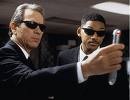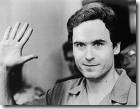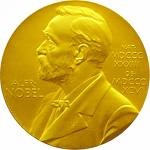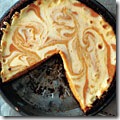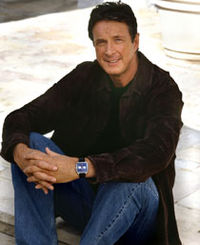I stumbled across a few interesting articles this week, one in Time Magazine that asked, “What’s the Matter with Publishing?” and another on Shelf Awareness that offered a glimpse of Harper Collins Studio, a new division of the parent company. They serve as interesting counterparts to each other.
Starting with the Time Magazine piece, I was surprised to learn that literary reading by adults has actually increased 3.5% since 2002, the first such jump in almost a quarter century. So, they postulate, the audience isn’t the problem. The trouble lies in the antiquated business model publishers have been following, which dates back to the Depression. Something like 40% of the books printed today are eventually pulped, which is not only environmentally criminal, but horribly costly for both publishers and stores. And an author who doesn’t sell through a certain percentage of their print run, in the age of computerized ordering systems, either must change their name or hope their publisher offers them another chance. And sadly, the latter doesn’t happen often. Bottom line is this is a business, dictated by numbers. No matter that the publisher printed far more copies of the book than you (or they) could hope to sell, especially if they didn’t back up that print run with marketing, which is generally the case. Authors have no say in how many copies of their book will be printed, making it a frequent topic of hushed conversations at conferences. Did you hear that John Doe had over 100,000 printed and barely sold 10,000? Or that Jane’s publisher printed so few copies she couldn’t get in any of the big box stores?
Actual print runs are a closely guarded secret, I haven’t encountered many authors willing to reveal their numbers. But we all live and die by those percentages. If you sell 5,000 copies of your debut, and your print run was 10,000, you’re in pretty good shape. Conversely, if your print run was 100,000, and you sold 20,000, good luck getting that next contract. It’s madness.
Which is what makes the Harper Studio model so intriguing. No more returns. And no big bidding: they cap their advances at $100,000 (although most  authors will probably get far less up front). What they do offer is more “creative” marketing assistance and higher royalty percentages (a 50/50 split-wow). And my favorite part: they’ve got a plan to encourage buyers to purchase ebook and audio formats of the same book for only a few extra dollars. Wherein lies the genius, in my opinion. Finally, a publisher that sees opportunity in the ebook format, and not just a threat. I love my Kindle, but it’s hardly ideal for the beach or baths. So how perfect would it be if I could start reading a book on my Kindle while waiting for a train, then continue reading at home in the tub that night, then listen to the conclusion in my car the next day? All for around what I would have paid for the hardcover version alone.
authors will probably get far less up front). What they do offer is more “creative” marketing assistance and higher royalty percentages (a 50/50 split-wow). And my favorite part: they’ve got a plan to encourage buyers to purchase ebook and audio formats of the same book for only a few extra dollars. Wherein lies the genius, in my opinion. Finally, a publisher that sees opportunity in the ebook format, and not just a threat. I love my Kindle, but it’s hardly ideal for the beach or baths. So how perfect would it be if I could start reading a book on my Kindle while waiting for a train, then continue reading at home in the tub that night, then listen to the conclusion in my car the next day? All for around what I would have paid for the hardcover version alone.
It’s an intriguing idea. I’m curious to see how it turns out. So far Harper Studio is apparently focusing on nonfiction, but if the model works, who knows? Maybe they’ll expand to fiction titles. Maybe more publishers will stick their toes in the water. In truth, anything would be better than how it is now, at least from the author’s point of view. In my experience you’re left with very little input into the production process and even less assistance on the sales and marketing end. It’s sort of the business equivalent of tossing a bird from the nest to see if they’ll fly, and sadly most authors end up plummeting to earth, their dream over before it even really began. And that is truly a shame. So I’m all for trying something new, adapting to the changing world and making sure that people continue to love and read stories. Because in the end, isn’t that what matters?

